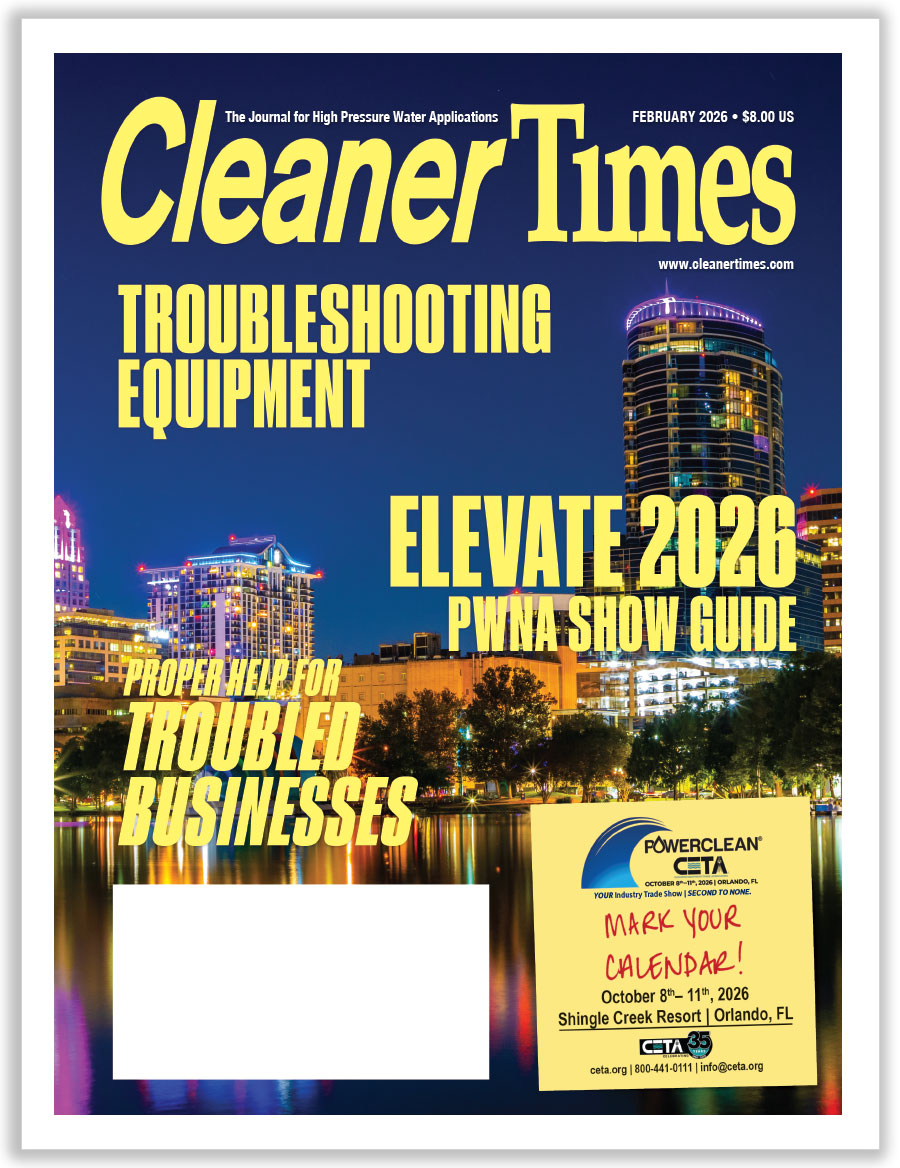
Safeguards Against Employee Fraud and Theft
By Diane M. Calabrese / Published March 2019

Chicanery and deception, subterfuge and trickery—plenty of words to convey the meaning of a simple act: taking something that belongs to someone else.
Among the less-than-pleasant efforts employers must undertake is putting in place safeguards against employee fraud and theft. No business owner wants to acknowledge that someone on the team might be stealing.
Consider the case that involved a major U.S. manufacturer of computers and arrived in a federal court in 2014. Two employees of the computer maker used a corporate computer to create fraudulent discounts. They bought computers using the discounts and then set up a company to sell the merchandise they had either purchased with a non-sanctioned discount or gotten for ‘free’ as part of a bogus promotion.
Yes, serial numbers as well as deeply embedded codes in many machines—not just computers—can eventually track down most offenders. But the time and expense it takes a company to do so may follow the law of diminishing returns.
How much time can a distributor spend trying to find a pressure washer that disappeared along with a new hire? The machine could be in another state or another country. If it is recovered, will it be fit to use or to refurbish?
The obvious solution to employee fraud and theft is to hire employees who will not engage in either. Good—and consistent (more about this later)—hiring practices, strong internal controls on inventory and financials, and routine engagement of employees (i.e., what was once called supervision) are the best safeguards.
No strategy for implementing safeguards is guaranteed to work. There are two problems with any approach. One derives from legal protections that apply to employees. The other stems from the ingenuity of would-be thieves, as per the build-a-better-mousetrap adage.
For instance, background checks prior to hiring seem like a good way to ensure the best people are hired. But background checks are only as good as the candor of individuals contacted about a prospective hire. In addition, they carry legal risk for an employer.
“Background checks are good but do not always reveal all the history,” says Brenda Purswell, president of Alklean Industries Inc. in Pasadena, TX. “Many employers are reluctant to tell all they know for fear of lawsuits.”
Most big employers limit what a former manager can say about an employee. It’s usually restricted to verifying the person once worked at the company. If doing a background check, try to devise a question the hiring manager or human resources representative (often the only person an inquirer will be able to talk with) will be able to answer.
“A key question is, would the individual be eligible for rehire?” says Purswell. Most companies will answer that. If the answer is ‘no’, the response will stop there. Don’t expect to learn why.
“But remember, employment agencies get paid for placing employees,” says Purswell. “We have seen resume enhancement that reads like pure fiction. Then you discover that the person is barely literate and know they had a lot of help with that resume.”
Another complication follows from the reluctance business owners have to pursue and prosecute employees for stealing. If no charges are filed, there will be nothing for the next employer to find with a background check.
“A person can be fired for theft, fraud, and embezzlement six times, but if no charges are filed and no convictions obtained, that history is not likely to show up on a background check,” says Purswell. That means even while following a careful hiring process, an employer must still be cautious.
“Having good checks and balances in place are essential,” says Purswell. “Not allowing one person to have too much freedom or access helps prevent an honest employee from becoming a dishonest employee. Excessive opportunity is a powerful temptation.”
Honesty and Awareness
There are, no doubt, some people who are so virtuous they cannot be tempted by anything—not by potato chips they should not eat or by some procrastination during a workday when the manager is away. Honesty dictates that most of us acknowledge we have given in to temptation.
Because there are degrees of doing wrong, rationalization kicks in as we seek to explain our behavior to ourselves. (Well, I’ll eat the bag of chips and then skip lunch. Or, my manager went out to a nice business lunch—is that working?)
Those who steal often rationalize what they are doing. Perhaps they borrow something small for home use—a screwdriver—and don’t bring it back for some time. It’s not missed. They keep it. (Often, after a long interval and life-changing event, they return the item.)
The bottom line is there is always opportunity, rationalization is part of human nature, and honesty is always the best policy in the workplace and society. We can understand how things happen, but we still know what’s out of bounds. Fraud and theft are out of bounds.
Knowing an employee might be tempted, an employer must institute safeguards. Prudent, not draconian, is the way to view necessary rules, restrictions, and monitoring that make theft difficult.
Evaluate parts of business where a breach could occur and then enact measures to prevent the break. One good method is a division of tasks.
“We do not allow the same employee who prepares invoices to open the mail,” says Purswell. “We do not allow an employee to sign checks.”
The more people involved in a task—even peripherally—the more eyes that might spot something out of the ordinary. And any employee tempted to try something devious would have to pause to realize there’s a high probability of being caught.
“A good accounting program is essential,” says Purswell. “That is one with levels of security.” She adds, as an example, a policy that “no invoices can be voided by a sales person” because allowing such a procedure would result in an opportunity for cash sales to be hidden.
“There are so many ways for loss to occur,” says Purswell. “It can be outright larceny or inadvertent leakage through sloppy record keeping and not tracking and controlling inventory.”
Everything must be accounted for, explains Purswell. Strict management is as much a deterrent to a service person who might neglect to add all parts used to an invoice as it is to a service employee who sells parts for cash and keeps the money. The latter may be stealing while the former is just careless, but the owner bears the financial loss in either case.
Employees running errands on company time and a moonlighting employee using company tools, which wear out, from his service truck are stealing. They are just not doing so in a way as bold as a bookkeeper diverting funds to a personal account.
“All distributors should have a non-compete agreement in place drawn up by a local business lawyer,” says Purswell. “This must be part of the hiring process—clearly noting that it is a firing offense, and you will prosecute. Theft of trade secrets, customer lists, and formulas are more costly in most cases than inventory loss.”
Although most states do not allow a non-compete agreement to impede a past employee earning a living and have a time limit (e.g., three years), the agreement does afford some protection to a former employer, explains Purswell. “If a competitor is attempting to hire the talent you have trained, they normally want no part of a lawsuit for theft of intellectual property.”
Caution and Consistency
Among many good freely accessible guides to preventing employee theft is an excellent publication by the San Diego Police Department, found at www.sandiego.gov/sites/default/files/preventingemployeetheft.pdf. Nine pages cover everything from personnel policies to cash handling and computer security to shipping and receiving.
Drawing from the SDPD document, we mention a few of the tips new to us. In the know-your-employees category, there’s a reminder that an employee who suddenly begins working late and alone may merit attention as surely as one living well above salary level.
Document protection does not end with controlling access to online records. A requirement that desks be cleared of important or confidential documents when unoccupied is a must.
Trash control recognizes bins and dumpsters as an exit path for stolen items. Random checks of bins, clear plastic liners, and rotating responsibility for emptying trash are recommended.
Controlled access to information stored electronically and hard-copy files is a given. Also, control access to loading docks and storage rooms. Use video monitoring, but realize that thieves may easily circumvent cameras not reoriented periodically (and unpredictably). Ask questions of employees if something seems amiss.
After an employer has done all that’s possible, caution is still the rule. Not only must absolute consistency be applied in screening prospective hires (e.g., all or none regarding drug tests), but if a theft or fraud occurs, leaping to conclusions, even if correct, can lead to civil liability.
Be vigilant and optimistic. Don’t lose faith in employees. According to the SDPD, businesses with the most long-term employees have the lowest employee theft rates.
Do, however, report crimes.





